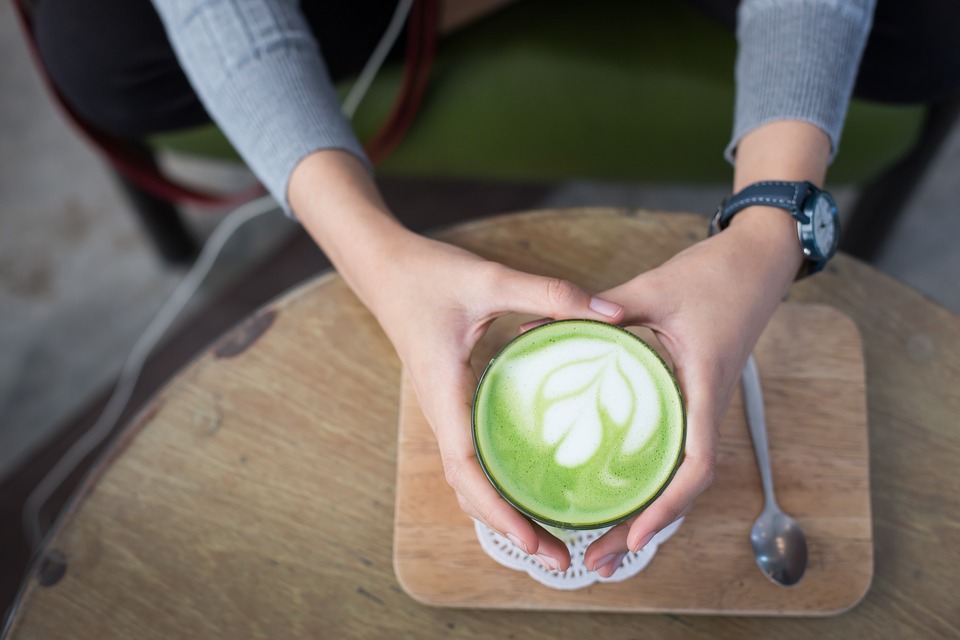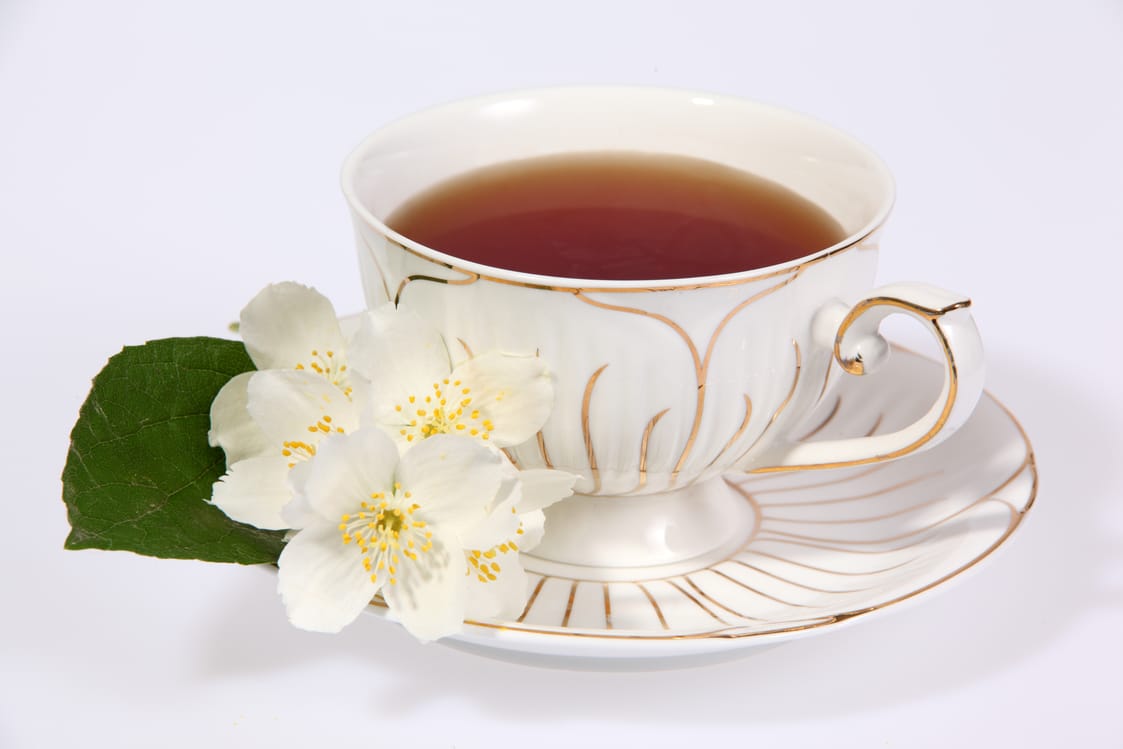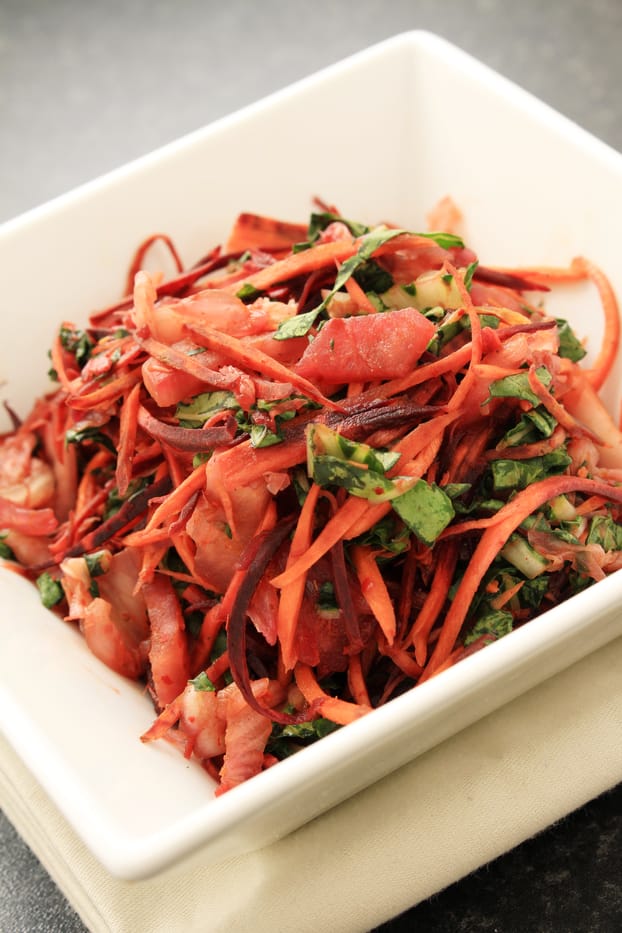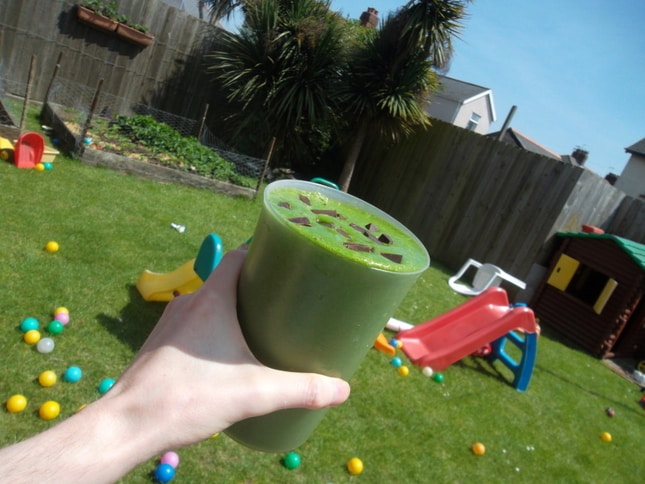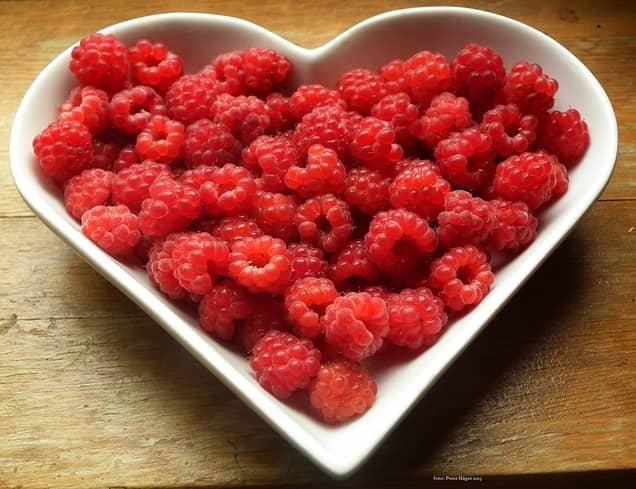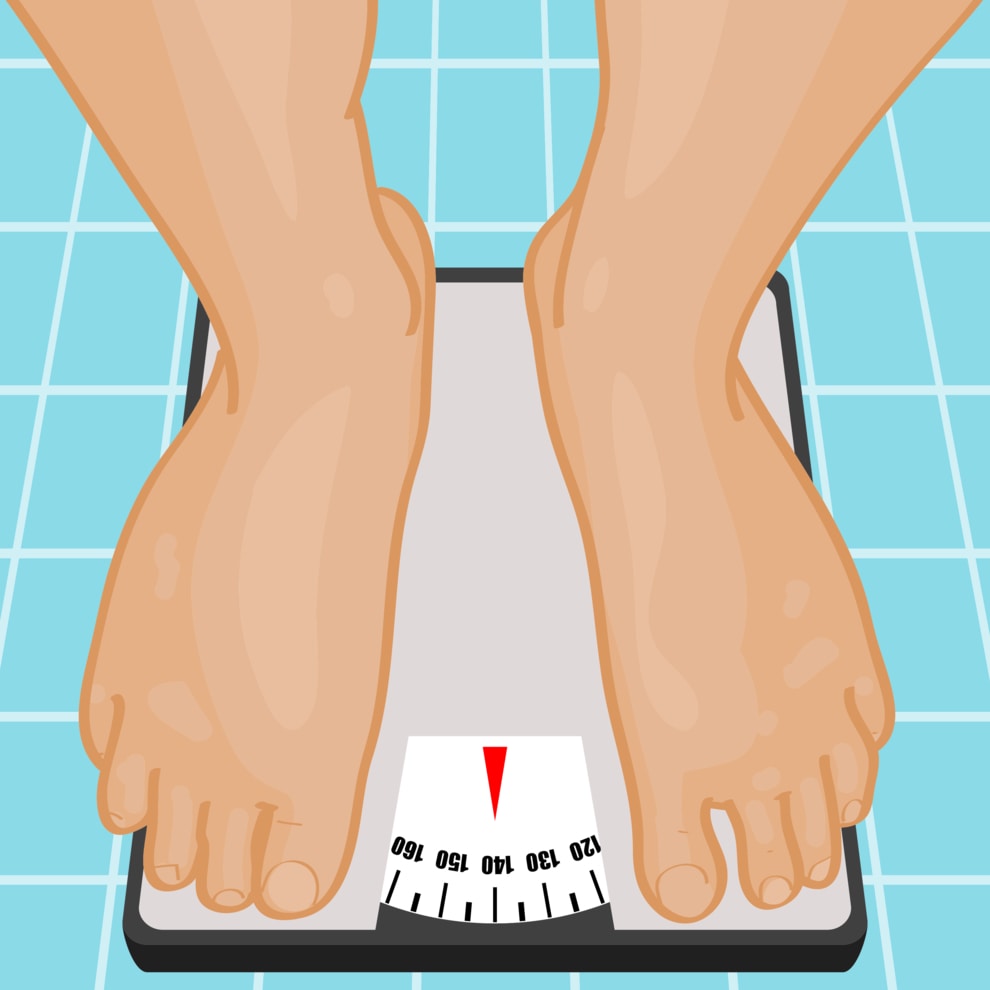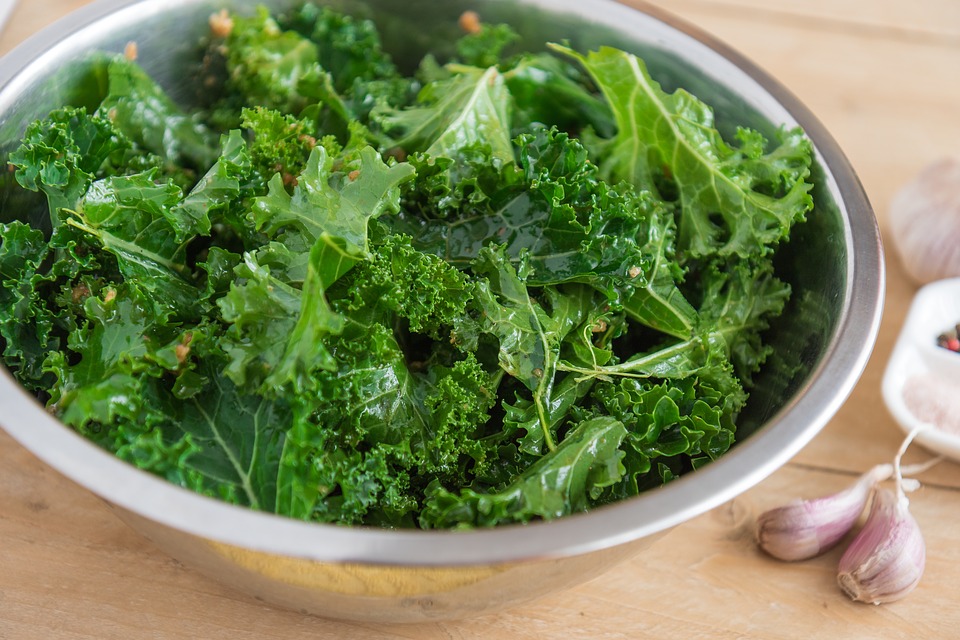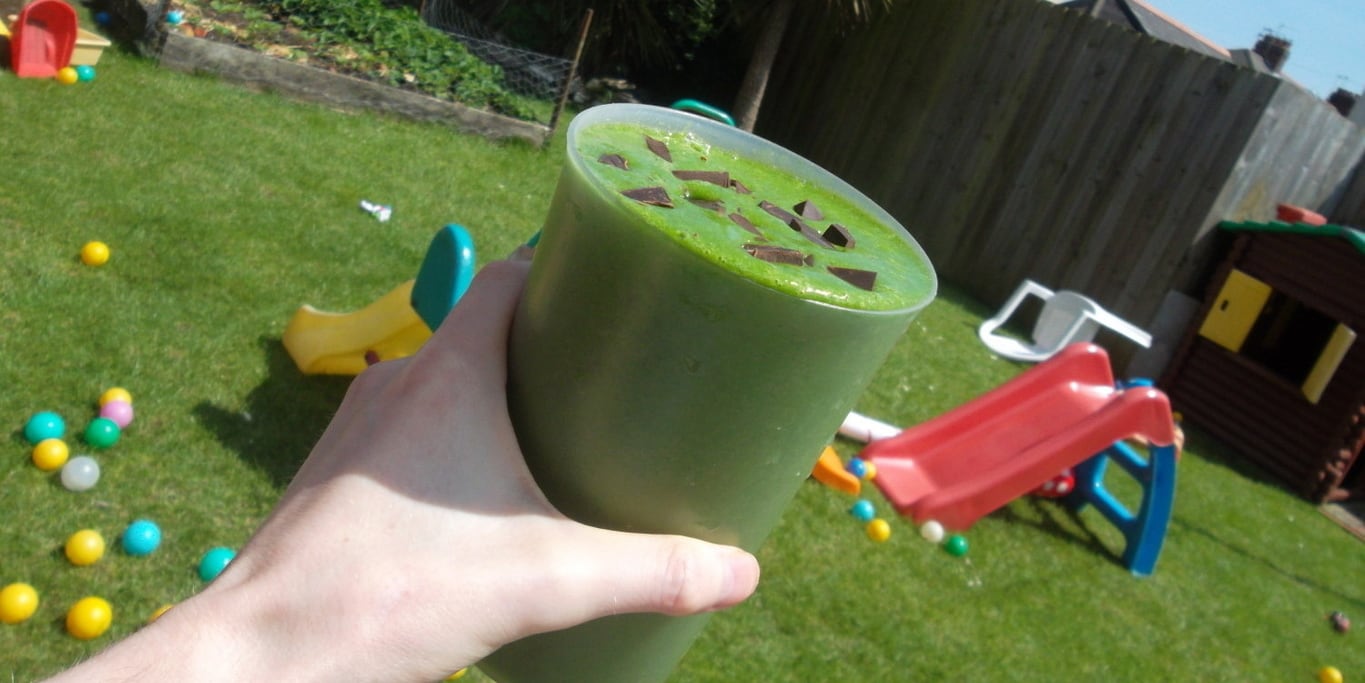Disclosure: This article may contain affiliate links. If you decide to make a purchase, I may make a small commission at no extra cost to you.
Going vegan can be such a drastic change from your previous diet that your body will start reacting in all kinds of ways that make you wonder if the diet is hurting you rather than helping. Headaches are just one of the many symptoms you can experience after becoming vegan.
It’s not uncommon for people to start developing odd symptoms such as a pounding headache, lethargy, tiredness, acne and some digestive issues within days of starting the diet. But the symptoms should be self-limiting and go away quite quickly!
Think about it, you’ve been eating one for probably your entire life, and now you’re removing lots of foods from your diet, which will cause a seismic shift in your gut bacteria, make your body crave sugar and saturated fat like never before, and probably raise your stress levels through the roof.
In this article, I’ll share some of the common reasons why you might be getting headaches since you started your vegan diet. I’ve been through it myself when I first changed my diet.
I’ll also discuss some natural headache remedies near the end of the article.
Going vegan and suffering from headaches
These not only affect people who adopt a vegan diet but can affect anyone who is currently making changes to their diet and is losing weight.
#1. You could be dehydrated
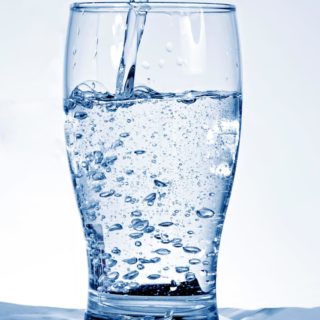
Making sure that you’re getting enough water is super important. It’s not enough to rely on the water you get from fruits and vegetables. Even though they do have a lot of water content, it’s not enough and so you should drink water, tea or other liquids.
Have you recently cut out cups of coffee, fizzy drinks, and other beverages since going on the diet? Perhaps you’ve not replaced those drinks with anything yet.
My suggestion would be green tea. It’s low in caffeine and it’s very healthy for you!
And finally, make sure that you’re getting enough electrolytes such as potassium and sodium.
Although counterintuitive, research has found that a little bit of extra salt may actually reduce the chance of developing severe headaches.
#2. Irregular meal times and prolonged fasting

Sometimes when you’re a vegan and you’re really strict about the diet, you might end up skipping meals and eating less than you normally would.
Vegans tend to eat much less than omnivores and this can lead to an elevation in stress hormones and other changes in the body that can bring on a headache [1].
Some people who do not have good glucose control might start to become hypoglycemic (low blood sugar), and this can trigger headaches.
After a while, your body will become a lot better at being able to regulate blood sugar and this problem should become less of an issue as time goes on and assuming you’re eating healthy foods that are not high in sugar.
Try to keep your meals balanced by eating a high complex carbohydrate diet, with moderate fat and protein intake.
#3. Withdrawal effects

When you started the diet, did you remove any foods that might’ve caused some withdrawal symptoms?
Sugar
For example, if you’ve suddenly cut out all the sugar and adopted a plant-based diet, this could lead to changes in hormones such as epinephrine and norepinephrine, and as a result, affect blood vessels and result in a headache.
You might also experience tension in the base of the neck around the skull. This is likely because of the suboccipital muscles being tense. Taking magnesium could help ease these types of headaches [2].
Other symptoms associated with sugar withdrawal include fatigue, cravings, nausea, anxiety, and restlessness.
Caffeine
Some people like to go all out and not only cut out animal products but really clean up their diet and remove stimulants like caffeine as well. But of course, the price to pay is caffeine withdrawal, and one of the biggest symptoms is headaches.
The reason you get headaches after caffeine withdrawal is due to the changes in blood flow. There is a physiological change that takes place, where abstinence causes increased blood flow and leads to a pounding headache [3].
Medications
If you’ve come off your medications or are thinking about doing so, you should first consult with your doctor. Stopping some types of medications can lead to headaches as well as other symptoms.
#4. Food triggers

If you’ve radically altered your diet, it’s possible that you’ve started eating foods which might be triggering your headaches. It’s not always easy to tell either, as a headache doesn’t always start right away after eating it.
Some of the common foods which have been found to induce migraines include:
- Chocolate
- Coffee
- MSG – Monosodium glutamate
- Soy sauce – Contains MSG and other additives
One amino acid that may be linked to headaches is called tyramine, although the evidence is not conclusive, researchers have noted that there are changes in EEG measurements in people susceptible to migraines after they are given this amino acid.
Foods which contain tyramine include some of the following:
- Miso soup
- Tofu
- Fava and broad beans
- Soy sauce
- Starfruit
- Apricots
- Kiwi
- Avocados
- Raspberries
- Bananas
- Figs
- Raisins
- Overripe fruits
#5. Overwhelmed and feeling stressed

If you’re finding things difficult and you’re experiencing a lot of stress, this could be contributing to your headaches. Whether it be to do with the diet or something completely unrelated, try to deal with it.
Research also suggests that migraine headaches may appear after stress levels have declined, and not associated with the level of stress itself [4].
Sometimes going vegan can be stressful because family and friends might start questioning your lifestyle choices. Some people don’t understand why you’re vegan and might even express concern about your health.
You don’t need to defend your choices, just assure people that you know what you’re doing and you’ve done your research.
#6. Not sleeping well
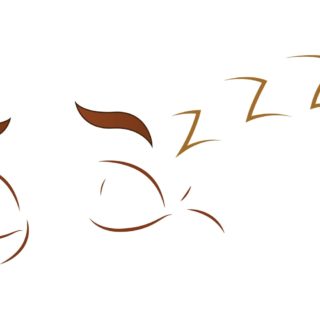
Sleep is extremely important for our health and if you’re not getting enough of it, this can increase the risk of headaches.
After doing some research on vegan forums, many complain of sleep problems along with their headache. These can both be closely linked, and therefore solving the sleep issue could resolve the headaches.
If you’ve been noticing that you’re not sleeping as well as you used to, check out the blog post that I wrote on why you’re not sleeping well since you went vegan.
I have some helpful tips there on how you can sort out your sleep and some of the main causes of insomnia.
And also, even if you think you’re getting enough hours of sleep every night, it’s possible that the quality of your sleep could be suffering.
#7. Vitamin and mineral deficiencies
Whether you are new to the diet or not, there is always a possibility that you could be a little deficient in some essential nutrients.
Vegans have a higher chance of deficiency in vitamin B1, B2, B6, B12, iron, zinc and vitamin D.
A deficiency in any one of these can cause migraines. One of the easiest ways to check that you’re consuming enough is to analyze your diet.
Make sure that you’re supplementing where you need to make up for any deficiencies. All vegans should be supplementing vitamin B12.
#8. Other potential causes of headaches
Headaches can be caused by many things that are unrelated to the diet. Some causes are benign while others can be more serious.
If your headache is associated with other symptoms like dizziness, vision problems, stiff neck, hearing loss, and balance problems, you should see a doctor as soon as possible.
5 natural vegan remedies for headache relief
Aside from taking pain medications to mask a headache, there are many natural treatments that you can try which have can be safer and also healthier! Let’s explore some of the best natural headache remedies.
Ginger
According to one study, ginger may be just as powerful as some medications in helping to treat common migraine attacks and also have fewer side effects.
Two hours after consuming the ginger, patients saw a significant decrease in symptoms that were comparable to patients who took sumatriptan [5].
Peppermint essential oil
Essential oils like peppermint oil have been successfully used to treat tension-type headaches in clinical studies, and its effectiveness was comparable to that of paracetamol.
The study used 10% peppermint oil in ethanol to achieve this positive effect on tension headaches [6].
Important: Make sure that you do a patch test on your skin before you use this. You can place around your neck, the base of your head and temples to help relieve a headache.
Lavender essential oil
In a study involving forty-seven patients who were diagnosed with migraine headaches, researchers examined the effect of lavender essential oil on migraine headaches.
They divided the patients into two groups, one received the placebo, and the other got the treatment.
The group which received the lavender oil, 92 out of 129 headache attacks responded fully or partially. While only 32 of 68 recorded attacks responded to the placebo.
The researchers concluded that lavender might be an alternative treatment for managing migraines in some patients [7].
Important: Make sure that you also patch test this essential so to ensure there is no allergic reaction. You can rub lavender oil around the areas of tension or do steam inhalation.
Butterbur
A root extract called butterbur has been found to be an effective treatment for migraines in one study.
Researchers gave people who suffered from migraines either 75 mg twice per day or 50 mg twice per day. The other group received the placebo.
Results of the study:
- 48% reduction in headaches for those who took 75 mg twice per day.
- 36% reduction in headaches for those who took 50 mg twice per day.
- 26% reduction in the placebo group.
The researchers noted that by 4 months, only the dose of 75 mg was effective at treating migraine compared to the placebo.
Take up yoga
Yoga is a great way to help relax your muscles and reduce levels of stress hormones in the body. It decreases activation of the sympathetic nervous system and increases vagal tone.
Research has discovered so many health benefits from doing yoga, including a significant reduction in headaches and their impact on well-being.
In one study involving thirty-two female patients who were suffering from migraine headaches, yoga was able to reduce headache frequency, duration, and severity [8].
Conclusion
Headaches during dieting is a well-known effect that isn’t specific to veganism but can happen as a result of changes in food choices, eating habits, removal of substances like caffeine from the diet, dehydration and other numerous other factors.
If you’re new to veganism or have been on the diet for a long time, there is the potential for vitamin and mineral deficiencies on the diet, and one of the symptoms that can manifest is chronic headaches. These can be avoided with targeted supplementation or a vegan multivitamin.
